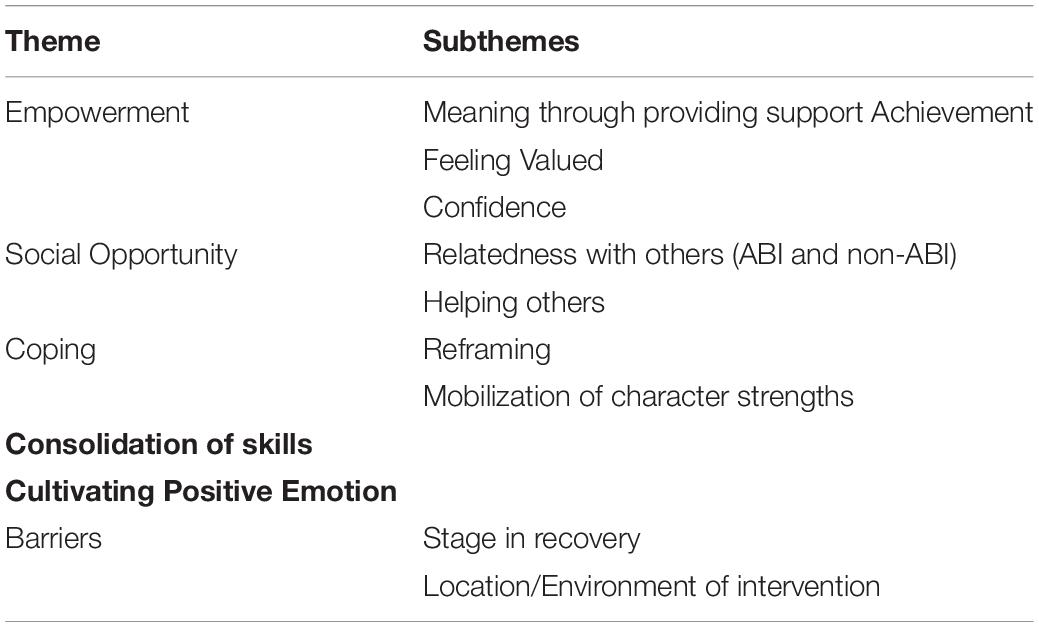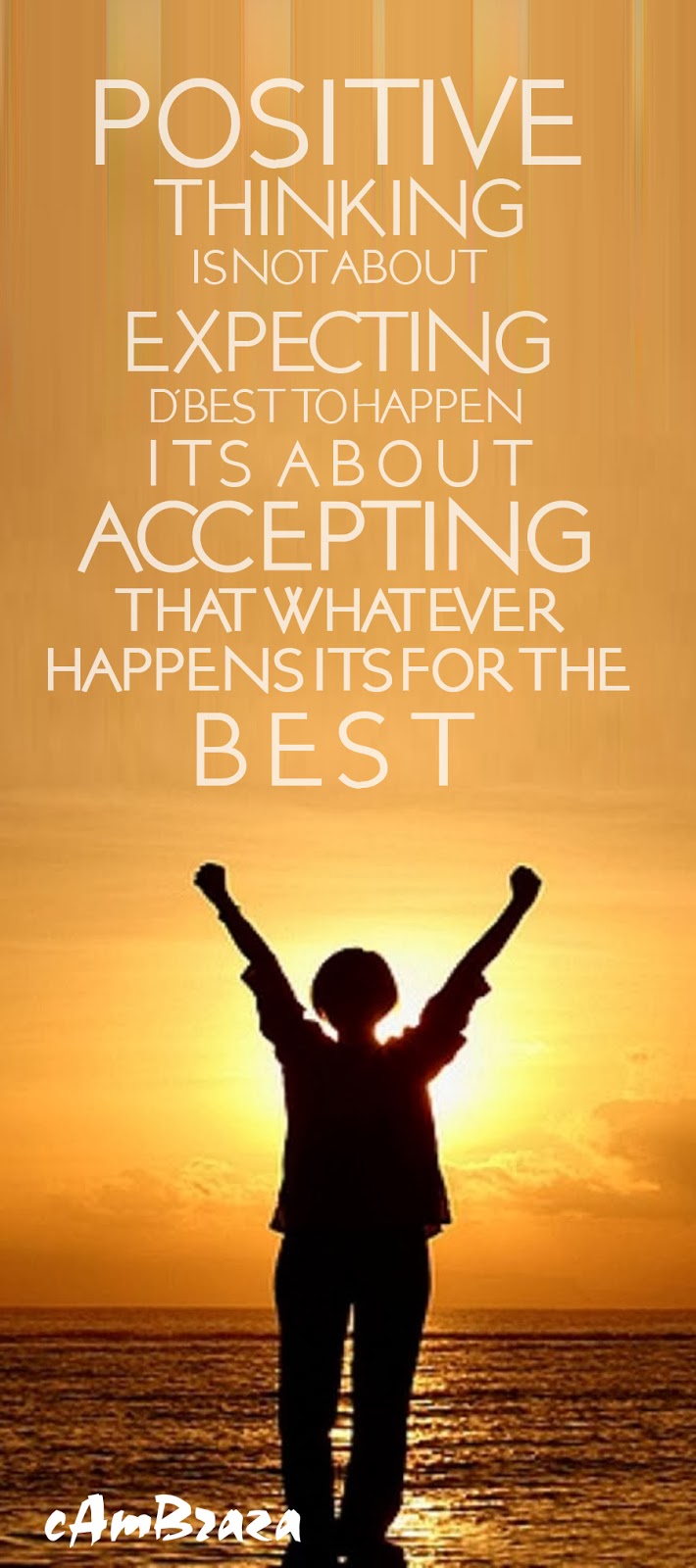We Wished To draw Consideration To Improving Social Skills.So Did You.
We Wished To draw Consideration To Improving Social Skills.So Did You.
페이지 정보

본문
 Self-awareness, the ability to have a conscious understanding of one's thoughts, feelings, and behaviors, is a complex and multifaceted concept that has long fascinated researchers and philosophers alike. As humans, we are constantly interacting with our environment, others, and ourselves, yet the extent to which we are aware of these interactions varies greatly from person to person. This observational study aims to explore the concept of self-awareness in everyday life, examining how individuals perceive themselves, their emotions, and their behaviors in various social contexts.
Self-awareness, the ability to have a conscious understanding of one's thoughts, feelings, and behaviors, is a complex and multifaceted concept that has long fascinated researchers and philosophers alike. As humans, we are constantly interacting with our environment, others, and ourselves, yet the extent to which we are aware of these interactions varies greatly from person to person. This observational study aims to explore the concept of self-awareness in everyday life, examining how individuals perceive themselves, their emotions, and their behaviors in various social contexts.Over the course of six months, our research team conducted observations in public spaces, such as parks, coffee shops, and shopping malls, as well as in private settings, including homes and workplaces. We observed a total of 200 individuals, ranging in age from 18 to 65, from diverse ethnic and socio-economic backgrounds. Participants were not informed of the study's purpose, allowing us to gather naturalistic data on their behavior and interactions.
Our observations revealed that individuals exhibit varying levels of self-awareness, influencing their interactions with others and their environment. Some individuals demonstrated high self-awareness, recognizing and regulating their emotions, thoughts, and actions. For example, we observed a young woman in a coffee shop, who, upon noticing her frustration with a slow-moving line, took a few deep breaths and shifted her attention to a book, effectively managing her emotions. In contrast, others showed limited self-awareness, often acting impulsively and reacting to situations without consideration for their own feelings or the impact on those around them.
 One notable finding was the significant role of social media in shaping self-awareness. Many individuals were observed constantly checking their phones, comparing their lives to curated online profiles, and seeking validation through likes and comments. This behavior often led to a heightened sense of self-consciousness, as individuals became overly focused on their Online course platforms - Going On this site, personas and the opinions of others. Conversely, those who limited their social media use or engaged in activities that promoted self-reflection, such as journaling or meditation, demonstrated greater self-awareness and emotional regulation.
One notable finding was the significant role of social media in shaping self-awareness. Many individuals were observed constantly checking their phones, comparing their lives to curated online profiles, and seeking validation through likes and comments. This behavior often led to a heightened sense of self-consciousness, as individuals became overly focused on their Online course platforms - Going On this site, personas and the opinions of others. Conversely, those who limited their social media use or engaged in activities that promoted self-reflection, such as journaling or meditation, demonstrated greater self-awareness and emotional regulation.Another interesting observation was the impact of relationships on self-awareness. Individuals in supportive, empathetic relationships tended to exhibit higher self-awareness, as they received constructive feedback and encouragement from their partners, friends, or family members. In contrast, those in problematic or toxic relationships often struggled with self-awareness, as they became enmeshed in negative patterns of interaction and struggled to recognize their own emotional needs.
Our observations also highlighted the importance of self-awareness in professional settings. Individuals who demonstrated high self-awareness in the workplace, recognizing their strengths, weaknesses, and areas for improvement, were more effective communicators, team players, and problem-solvers. They were also more adaptable to changing situations and better equipped to manage stress and conflict. Conversely, those with limited self-awareness often struggled with accountability, blaming others or external circumstances for their mistakes, and failed to take responsibility for their actions.
 Furthermore, our study revealed that self-awareness is closely tied to emotional intelligence, which encompasses skills such as empathy, self-regulation, and motivation. Individuals with high emotional intelligence were more attuned to the emotions and needs of others, able to navigate complex social situations with ease, and better equipped to manage their own emotions and behaviors. This finding supports the idea that self-awareness is a foundational component of emotional intelligence, enabling individuals to develop a deeper understanding of themselves and their place within the social world.
Furthermore, our study revealed that self-awareness is closely tied to emotional intelligence, which encompasses skills such as empathy, self-regulation, and motivation. Individuals with high emotional intelligence were more attuned to the emotions and needs of others, able to navigate complex social situations with ease, and better equipped to manage their own emotions and behaviors. This finding supports the idea that self-awareness is a foundational component of emotional intelligence, enabling individuals to develop a deeper understanding of themselves and their place within the social world.In conclusion, this observational study highlights the complexities and nuances of self-awareness in everyday life. Our findings suggest that self-awareness is shaped by a range of factors, including social media use, relationships, and professional environments. By cultivating self-awareness, individuals can develop greater emotional intelligence, improve their relationships, and enhance their overall well-being. As we continue to navigate the complexities of modern life, it is essential that we prioritize self-awareness, recognizing its critical role in promoting personal growth, effective communication, and empathetic understanding.
Ultimately, the development of self-awareness is a lifelong journey, requiring effort, dedication, and a willingness to engage in introspection and self-reflection. By acknowledging the importance of self-awareness and actively working to cultivate it, we can become more attuned to our thoughts, feelings, and behaviors, leading to a more authentic, compassionate, and fulfilling life. As the ancient Greek aphorism goes, "know thyself," – a timeless wisdom that remains as relevant today as it was in ancient times.
- 이전글12 Hot Places And The Ways To Meet 30-Plus Cool Singles (Bars Not Included) 25.03.15
- 다음글What Is The Proper Way To Push Your Networking Business? 25.03.15
댓글목록
등록된 댓글이 없습니다.
